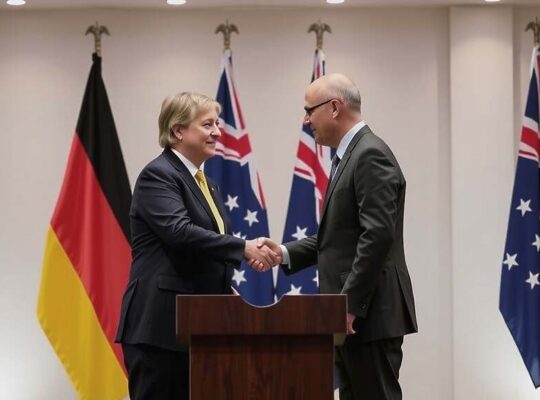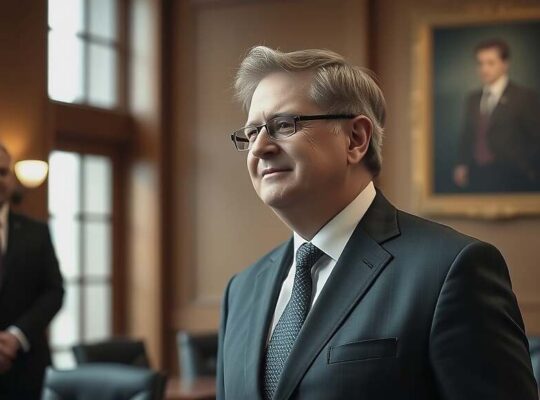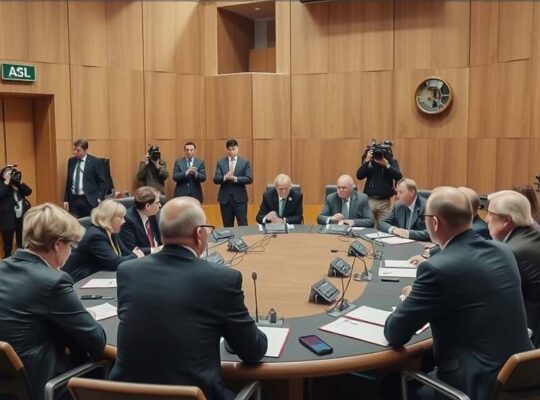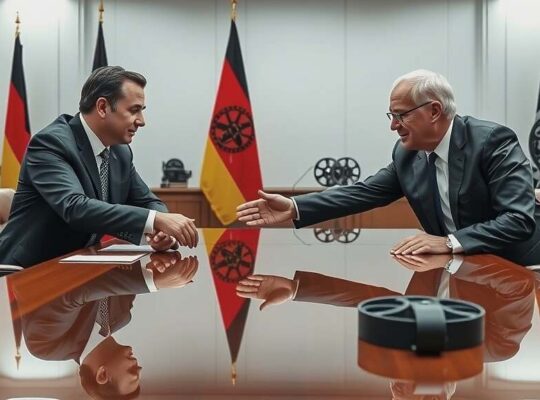The German Federal Ministry for Family Affairs, Senior Citizens, Youth and Equality, under Minister Karin Prien (CDU), is planning a significant overhaul of its democracy promotion programs, triggering debate over the scope and potential impact of state intervention in civic engagement. Minister Prien, in statements to the “Rheinische Post” emphasized the importance of the existing “Democracy Live” federal program as a crucial element in strengthening democratic values and countering extremism. However, she signaled a shift in priorities, insisting that future funding will be rigorously tied to an unequivocal commitment to Germany’s constitutional order.
The planned realignment, according to a ministry spokesperson, aims to ensure that state funds are directed exclusively towards organizations firmly rooted in democratic principles. A new funding guideline, expected to be presented next year, will mandate adherence to the “fundamental values of the free and democratic basic order” for all recipient projects. This commitment will be subject to ongoing review, with violations potentially leading to the suspension of funding or demands for repayment.
This initiative has already drawn criticism from some quarters within civil society. Concerns are being raised about the potential for the government to exert undue influence on the activities of non-governmental organizations and potentially stifle legitimate, albeit potentially dissenting, voices. Critics argue that a purely state-defined “democratic middle ground” risks marginalizing alternative perspectives and limiting the space for critical examination of existing power structures.
The move also raises questions regarding the criteria used to assess adherence to the “free and democratic basic order”. The lack of precise definition of what constitutes a “violation” – and who determines that violation – introduces a degree of ambiguity that many fear will be exploited to silence unpopular opinions under the guise of combating extremism. While the rationale behind ensuring responsible use of public funds is understandable, the implementation of this new guideline warrants careful scrutiny to avoid eroding the very democratic freedoms it purports to protect. Ultimately, the success of this policy will hinge on a delicate balance between safeguarding democratic values and preserving the independence and diversity of civil society.












